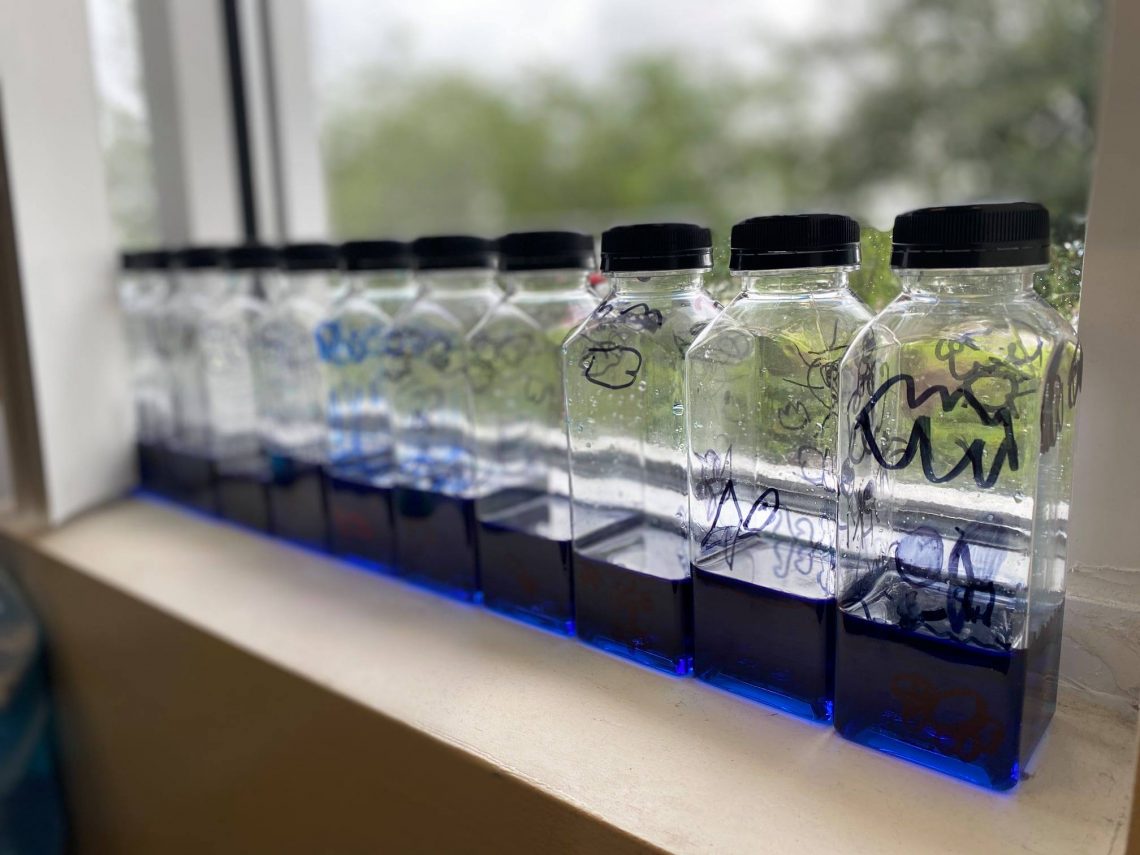
What Have They Heard
Teaching on 9/11 has always been a peculiar experience. My first year in the classroom was 2010, in fourth grade, when my students were all nine years old, either not born yet in 2001 or too young to have any memories. By the time I moved to middle school, it was the same scenario. And at this point, it would be impossible for me to ever have a single K-12 student with any memory of that day. That’s how long ago it was. Like Columbine, or the Challenger Explosion, or the Kennedy Assassination, or Pearl Harbor before that. So while “never forget” is a common mantra, I’ve always found that to be a little misplaced, especially as a consumer of all history, whether I lived it or not. And that’s not at all downplaying the seriousness or the gravity of 9/11. Not even close. The more relevant issue is that kids can’t and shouldn’t be expected to “feel” something about a past they never experienced, not to the degree that we might, but they’ll indeed never forget the events that impacted their own lives… like COVID in 2020.
So today, rather than opening with a regular conversation at our morning meeting, I simply asked them what they had heard from others about that day in 2001. I asked them to share some of their thoughts about what it has meant for people in their family. And many of their comments, jumbled in comprehension as I expected they might be, left the door open for me to address two very honest truths, that we were at our best as a nation in the immediate days that followed, helping one another out and living out our better angels, but that we haven’t always maintained that goodwill in this country, that we have often turned on each other, looking at fellow citizens as enemies, because we don’t know them or understand them, or even listen to them. If nothing else, that was a message they could feel and understand and identify, a message I can reinforce, day after day after day until May, that we need to listen better, and care more.
So while I teach math, and science, and a fair bit of social studies, I consider it far more important, this year, that I send them off to middle school in a few months as better people, more thoughtful, patient, and caring, not only of each other today, but of a state, a nation, and a world of people they will soon encounter. In the meantime, we’ll be keeping an eye on our Water Cycle bottles.

To See Something at Peace
